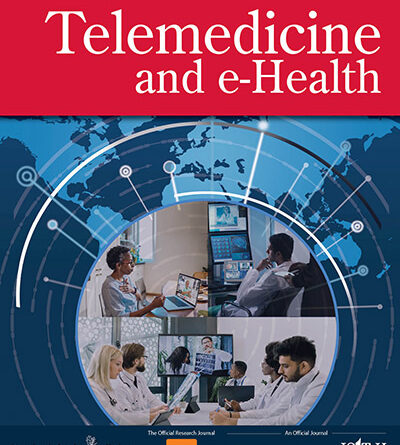Feasibility of a Platform Trial Design for the Development of Mobile Health Applications: A Review
[ad_1]
Background:A novel adaptive trial design called platform trials (PTs) may offer an effective, efficient, and unbiased approach to evaluate different developer versions of mobile health (m-health) apps. However, the feasibility of their use for this purpose is yet to be explored.
Objective:This literature review aims to explore the reported challenges associated with the adaptive PT design to assess its feasibility for the development of m-health apps.
Methods:A descriptive literature review using two databases (MEDLINE and Embase) was conducted. Documents published in English between 1947 and September 20, 2020, were eligible for inclusion.
Results:The titles and abstracts of 758 records were screened after which 179 full-text articles were assessed for eligibility. A total of 41 articles were included in the synthesis, all published after the year 2000. The synthesis yielded eight distinct categories of challenging issues with PTs relevant to their application in m-health app development, along with potential solutions. These categories are ethical issues (e.g., related to informed consent, equipoise, justice) (with 19 articles contributing content), biases (7 articles), temporal drift (4 articles), miscellaneous statistical issues (3 articles), logistical issues (e.g., cost and human resources, frequent amendments; 6 articles), sample size and power conflict (2 articles), generalizability of the results (2 articles), and operational challenges (1 article).
Conclusion:Although PT designs are relatively new, they have promising feasibility for the seamless evaluation of interventions that undergo continuous development, including m-health apps; however, various challenges may hinder their successful implementation.
[ad_2]
Source link


